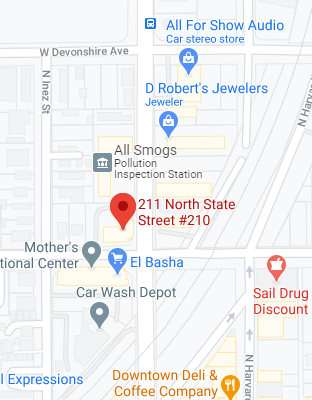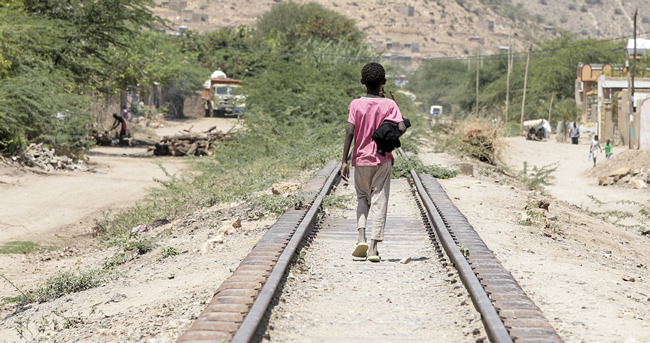
Every year, United Nations High Commissioner for Refugees (UNHCR), the United Nations Refugee Agency, honors groups, organizations, and individuals that go above and beyond the call of duty to protect refugees, displaced and stateless people.
For the first time in the history of the UNCHR, all five winners, selected from more than 200 nominees, are women. Each one exemplifies the meaning of global citizenship, individuals making a difference in the world for refugees of the world.
Read More
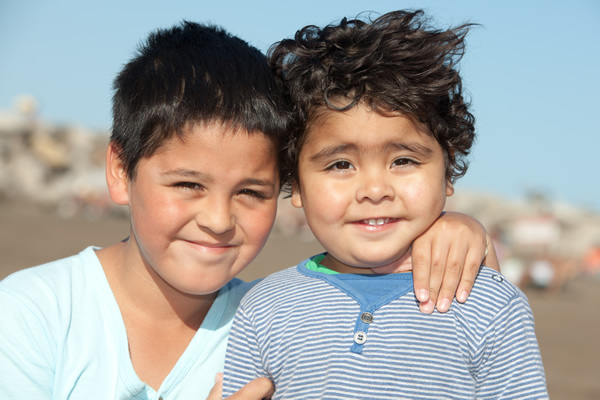
Given the recent decision of Court of Appeals for the Ninth Circuit, is the Temporary Protected Status program over?
Well, no.
But TPS beneficiaries need to start looking into other ways to legalize their immigration status.
Because the termination of TPS for certain countries is closer than ever.
Read More
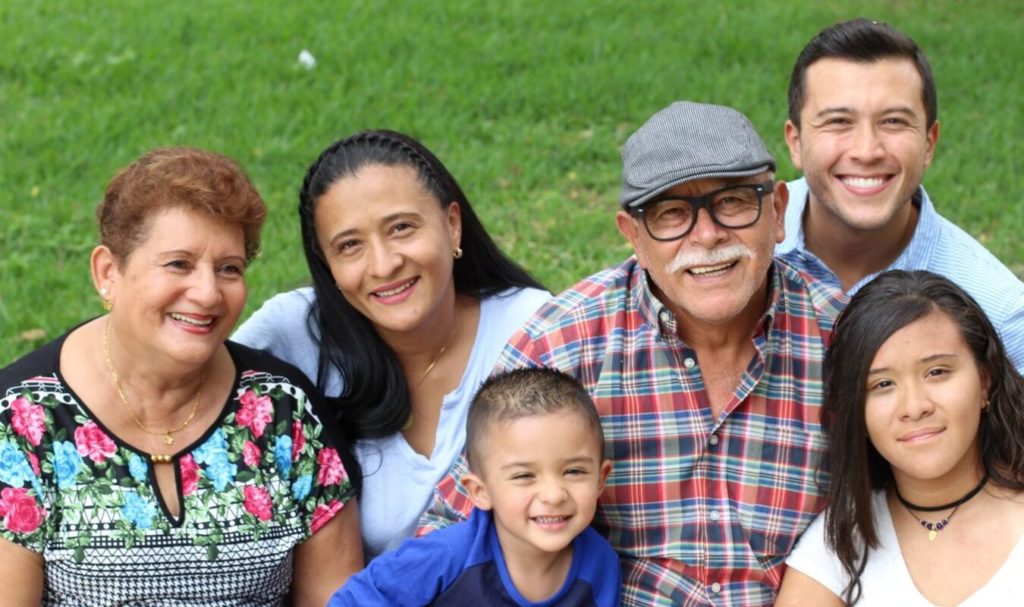
As an immigration attorney who specializes in family immigration services, I’ve learned there is a common thread among immigrants who win their cases.
They give far more to others than they ask in return.
It’s an intangible quality. Yet, it’s very real.
Read More

In October 2018, the Trump administration rolled out production quotas for immigration judges. Under the policy, judges are required to complete 700 cases a year to earn a satisfactory job performance grade.
On the surface, the goal behind the quotas was to speed up judicial decision-making and reduce an enormous court backlog.
The policy has not achieved its aims.
Read More

Prior to COVID-19, many immigrants had applied to become naturalized citizens. They completed the process, and attended interviews.
They were told their applications were granted. They were waiting for their swearing-in ceremony to be scheduled.
They’re still waiting.
Read More
Most Americans have never heard of the Mascogos.
Yet, as Kevin Sieff explains, in an article written for the Washington Post, the history of the Moscogos offers a unique view into human migration, the way in which a community can be pushed and pulled across borders over centuries.
So who are the Mascogos?
Read More

I was 17 years old, hanging out with friends, munching on Big Macs. All of us were high school seniors. We grew up in Southeast San Diego, where dreams were often crushed by the effects of poverty on education, community, and family.
We started talking about what we wanted to be when we grew up. When it was my turn, I said that I wanted to be a lawyer. Everyone started laughing. I couldn’t show it, but I was hurt, deeply hurt.
It felt like I was stranded alone on an island.
Read More
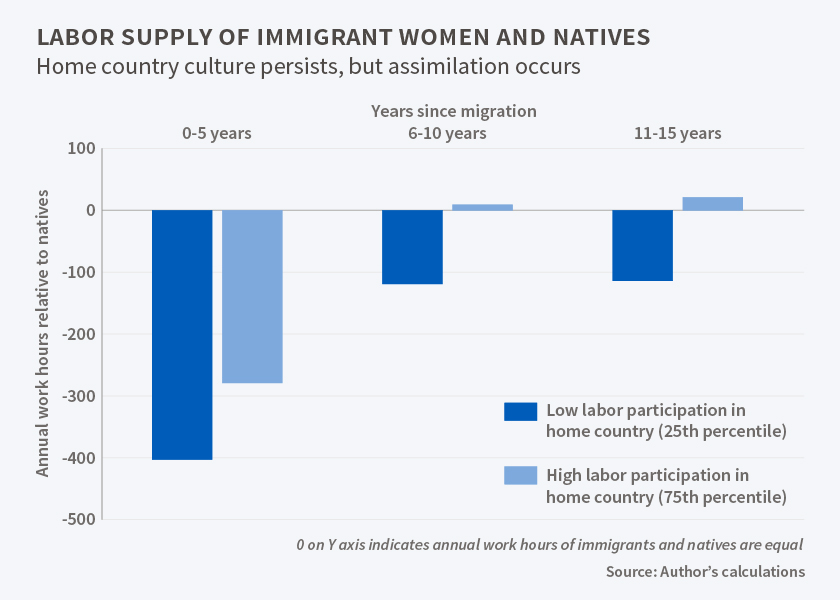
Since 1970 the immigration population in the United States has dramatically risen. As part of the increase, the number of immigrant women have risen. Yet, few studies have focused on how they have fared in the transition to a new life here.
In an effort to shed light on such issues, Cornell University Professor Francine D. Blau examined the role of female immigrants in the United States as part of a ground-breaking study a few years ago. It remains the authoritative guide on the topic.
Read More
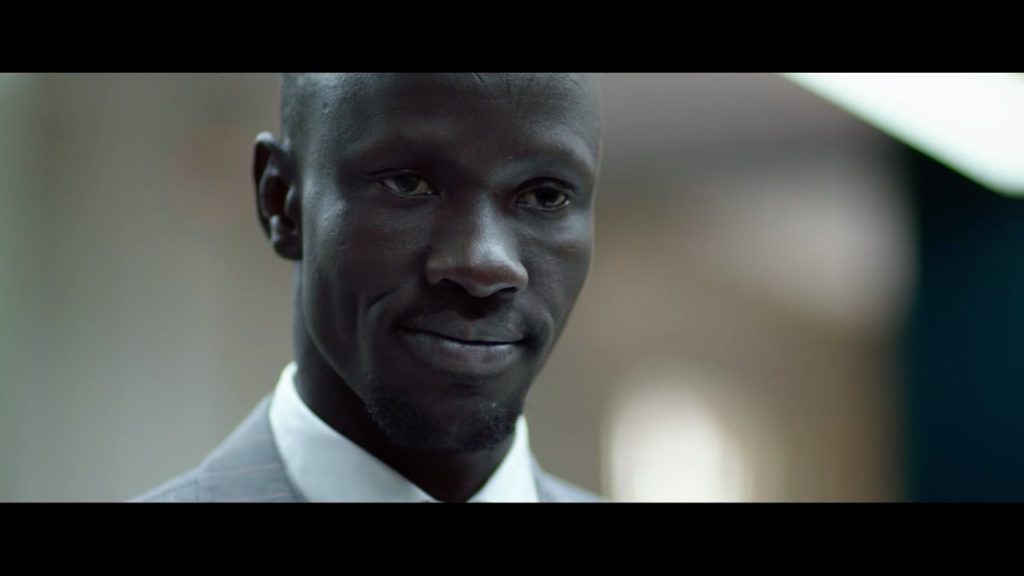
In 2016, Deng Thiak Adut was selected to open the World Summit On Migration Control. Since that time, Adut has remained one of the world’s leading authorities on the plight of refugees.
As a former refugee, Adut brings a unique voice to discussions on the problems and solutions for refugees seeking a safe home far away from their place of birth.
Born in South Sudan, Adut was kidnapped from his family at the age of six. He was forced to become a child soldier and shot in the back at the age of 12. Later he was rescued by the United Nations and smuggled to freedom.
Read More

As I was driving back to my office from court the other day, a radio talk show host began to talk about immigration reform.
From the outset, his tone was hostile. His comments were rude and degrading.
Deep inside, I felt sad. Immigration reform is a tough enough issue already. The radio host’s attempt to induce a sense of cultural superiority was misplaced.
Read More











